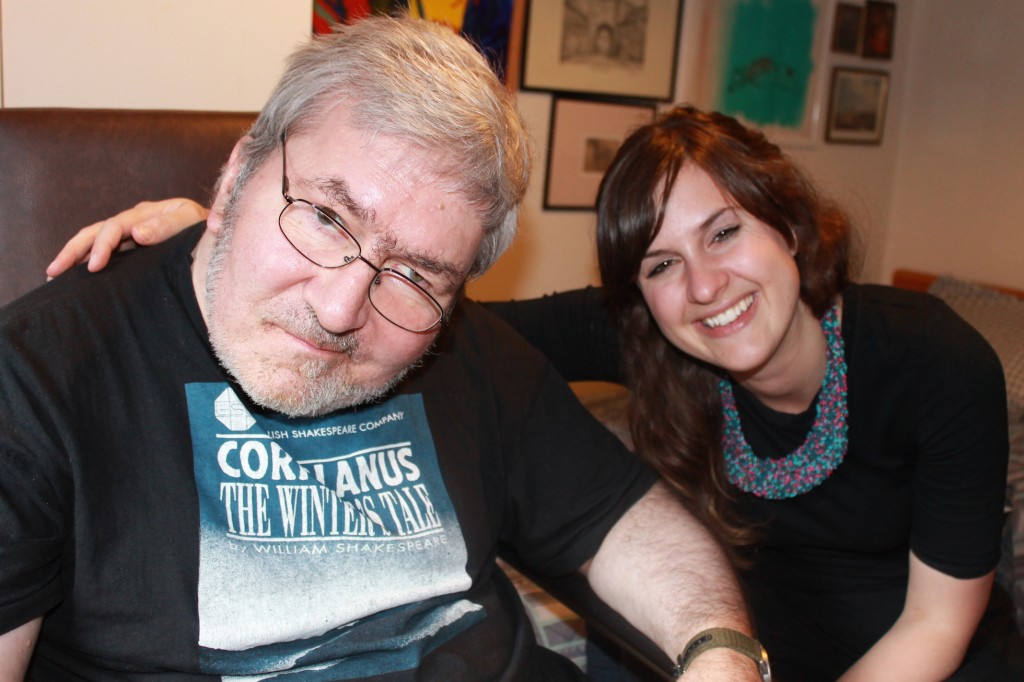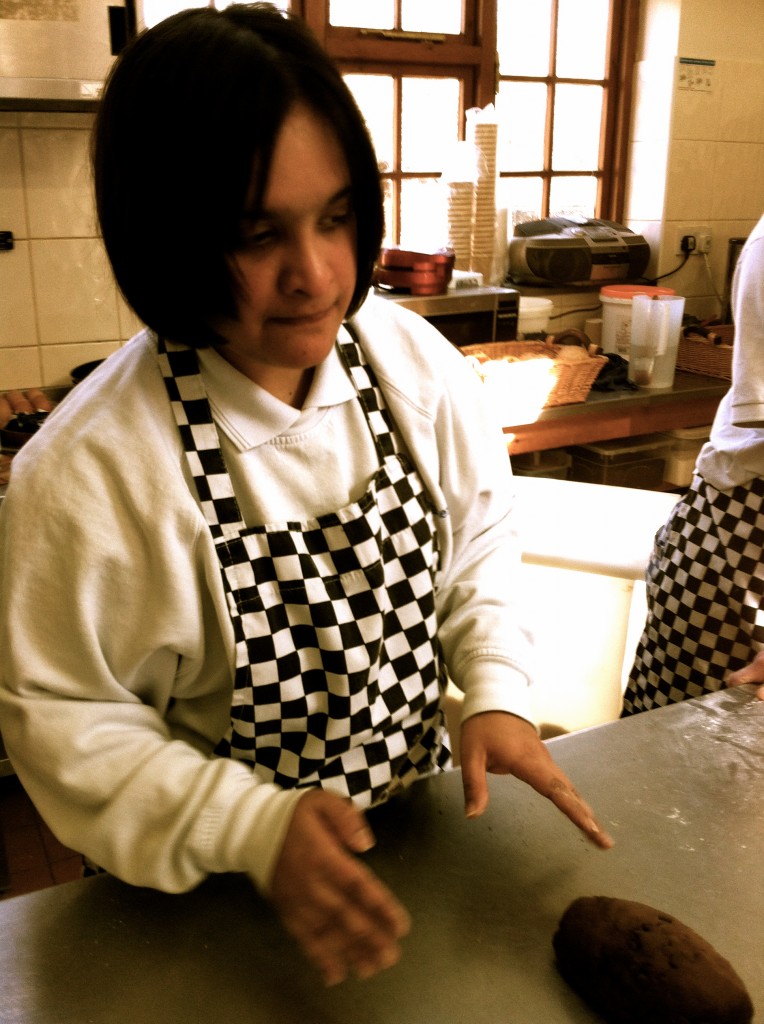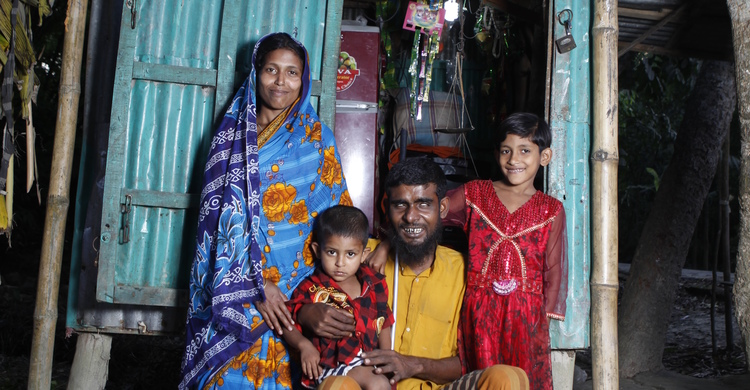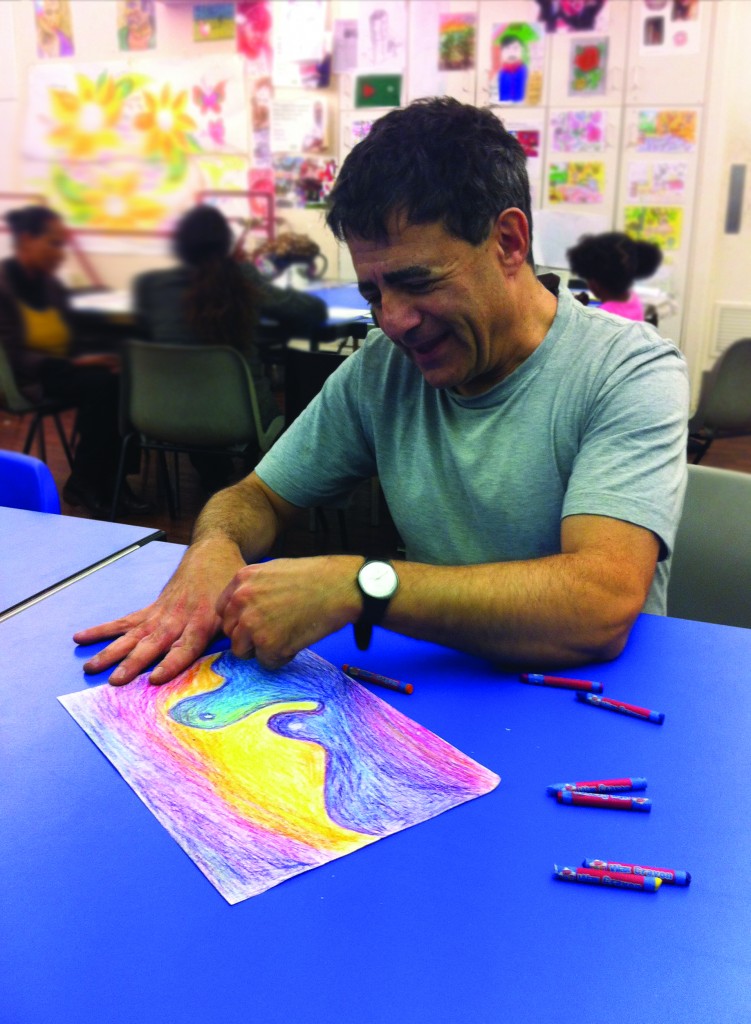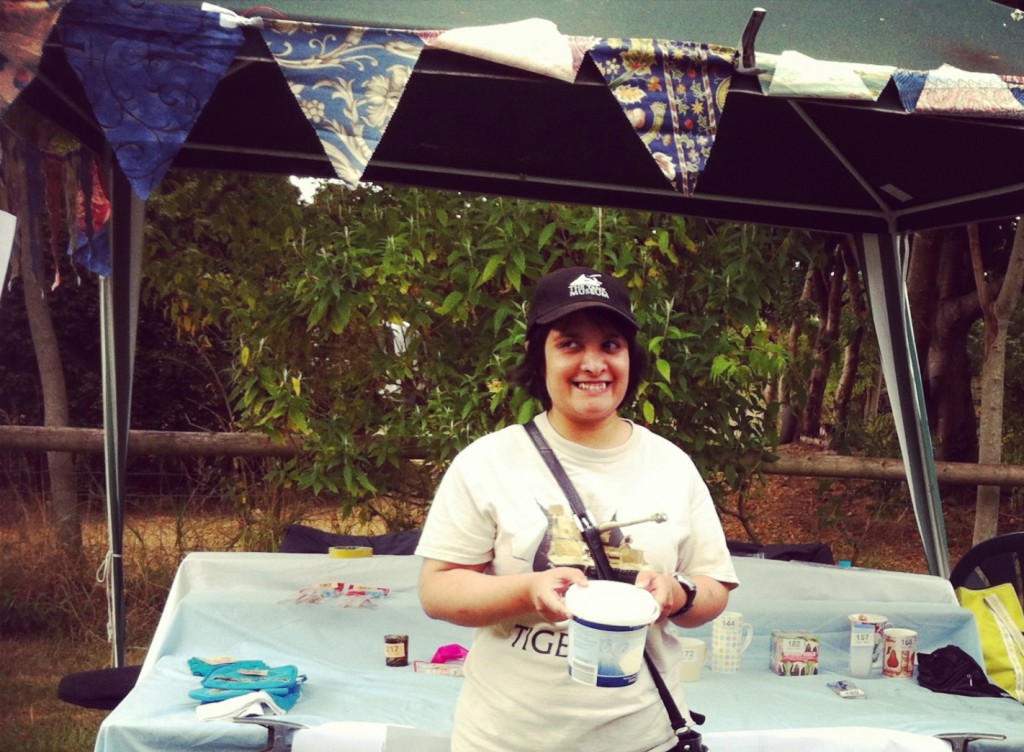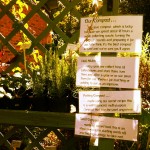Richard Ward has barely taken a day off sick since he started working 15 years ago. His friendly nature and keen eye for detail suit his role at a Boots store in Coventry, date-checking food, stacking shelves and helping customers find what they want. Ward, 33, says: “I like earning my own money, getting on well with the staff, seeing different people every day and it gets me out of the house.” Ward earns £600 a month, just over the national minimum wage.
Ward lives with his parents in Walsgrave, Coventry, and was referred to a local jobs support service by his special school; mainstream job agencies and government-run employment schemes would consider him unemployable. His mother Jane says he would be on benefits without the specialist job advice, coaching and long-term support from Coventry city council’s The Employment Support Service (TESS) for people with learning disabilities or mental health issues.
As I explain in the Guardian, while the general unemployment rate is falling, the number of out of work adults with severe learning disabilities or mental health issues who don’t have a job is on the rise. Last year, only 6.8% of learning disabled people using social care were in work compared with 7% in 2012-13. The corresponding rate for people using acute mental health services was 7.1% in 2014, compared with 7.7% the previous year.
Learning disability is not on most politicians’ radars, despite people who have learning disabilities, or who have someone with a learning disability in their immediate family, making up 10% of the electorate. A recent poll of 100 MPs by social care provider Dimensions suggests 60% do not believe that learning disabled people can be supported into employment.
However, Ward’s job is under threat, along with those of another 100 people TESS currently supports to maintain employment and the 30 it helps annually into new jobs. The Labour-run council has earmarked the nationally acclaimed 22-year-old service for closure, a victim of public sector cuts. Its future after this December is unclear.
Coventry is not unique; supported employment is a Cinderella service, not a local government statutory requirement. A 2011 poll by the British Association for Supported Employment (BASE) of 50 of its members found half face council funding cuts of at least 15% and a quarter fear 50% to 100% cuts.
The situation in Coventry has sparked worries for families of younger disabled people elsewhere. They warn that supported employment cuts are at odds with special educational needs and disability reforms aimed at raising the aspirations of future generations.
In a joint comment Sherann Hillman co-chair of the National Network of Parent Carer Forums (NNPCF) and Sue North from Contact a Family said: “Parent carers of young people with disabilities and special educational needs say fear for their child’s future is one of their top concerns. This is because young people with special educational needs and disability are less likely to find employment and live independently – and face other additional barriers as they grow up. Any threats to provisions such as supported employment schemes, will inevitably compound these fears and worries.
People TESS supports spoke in its defence at a public meeting last week organised by local unions. Among them was Hayley Archer, who has a learning disability. Her mother, Suzanne, stresses the wider impact of supported employment must be recognised: “People like Hayley are changing society’s attitudes by having a role in the workplace and by working alongside people without learning disabilities.”
Archer herself, an administrative apprentice at the council, has a simple request for her future: “I really want to keep working.”
You can read the full piece here.

